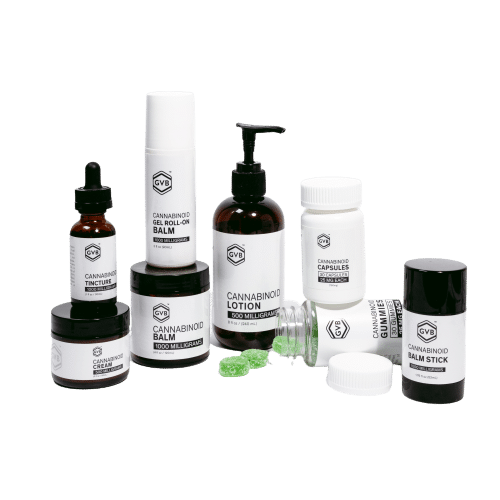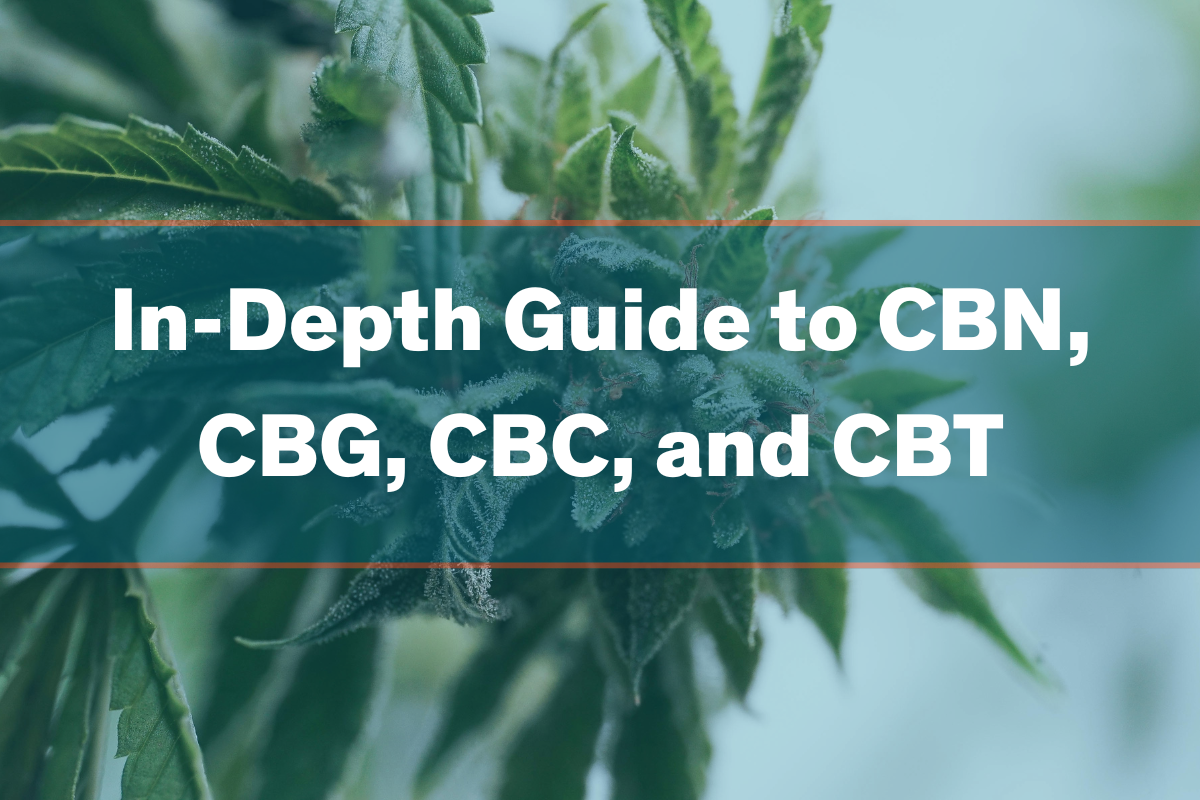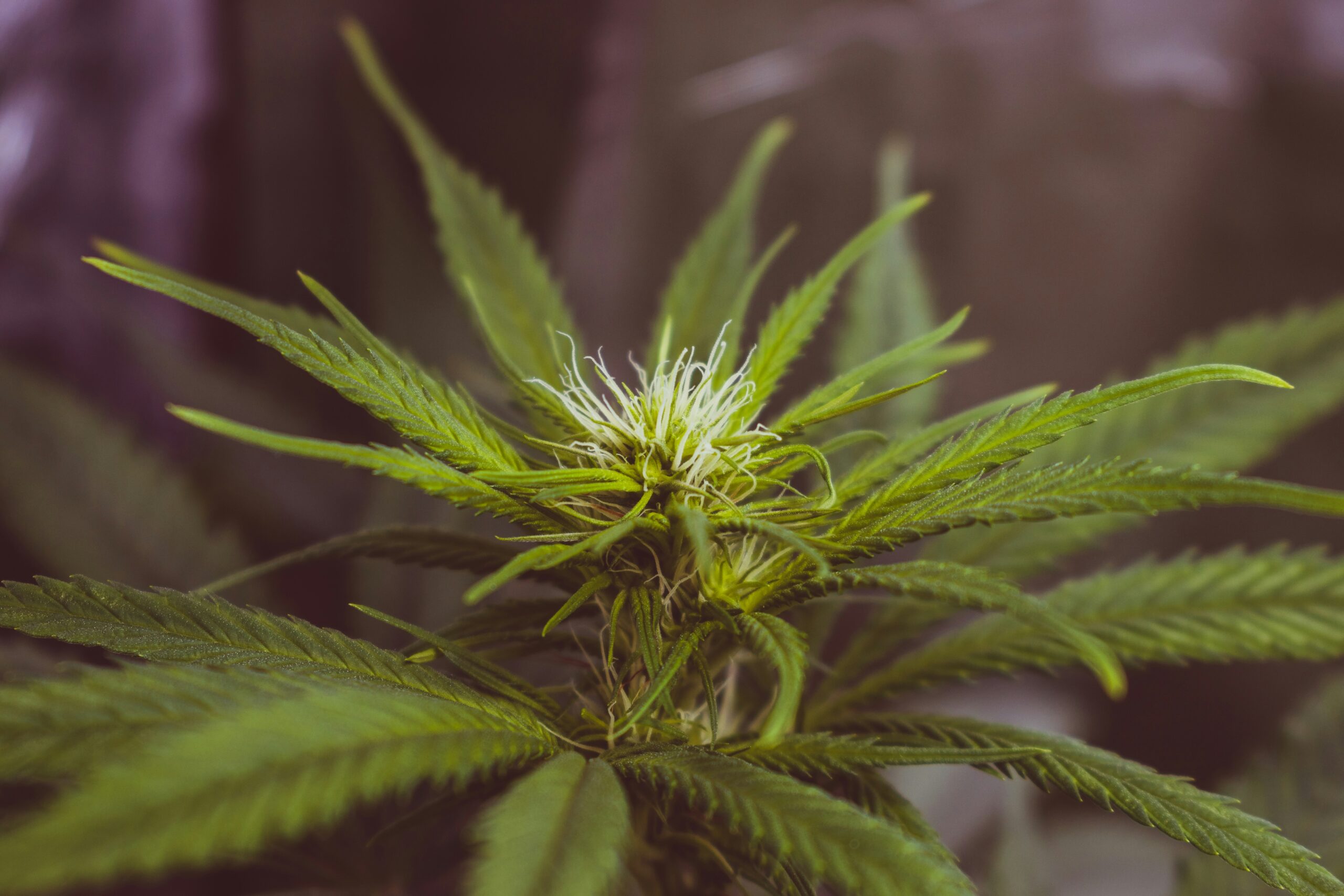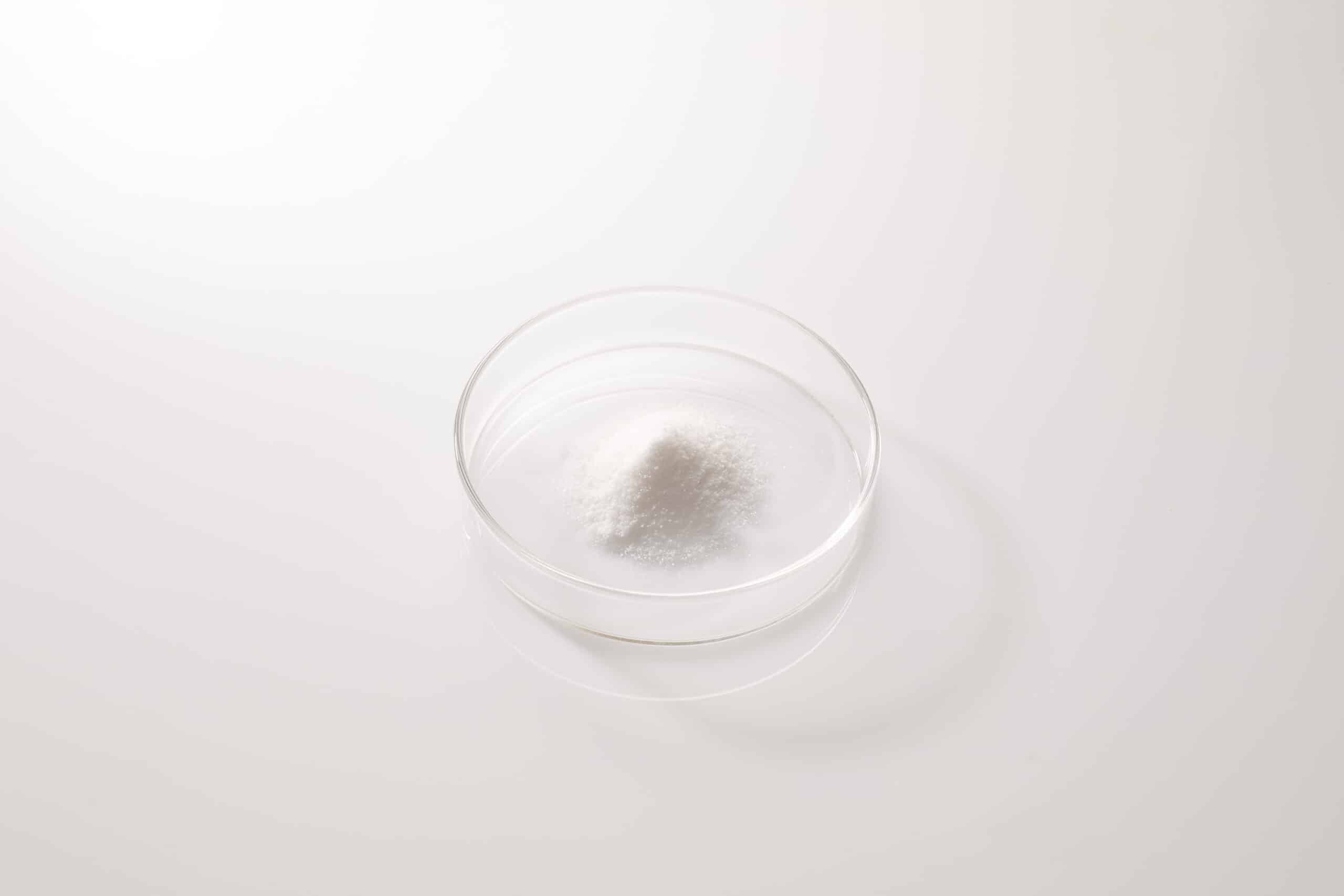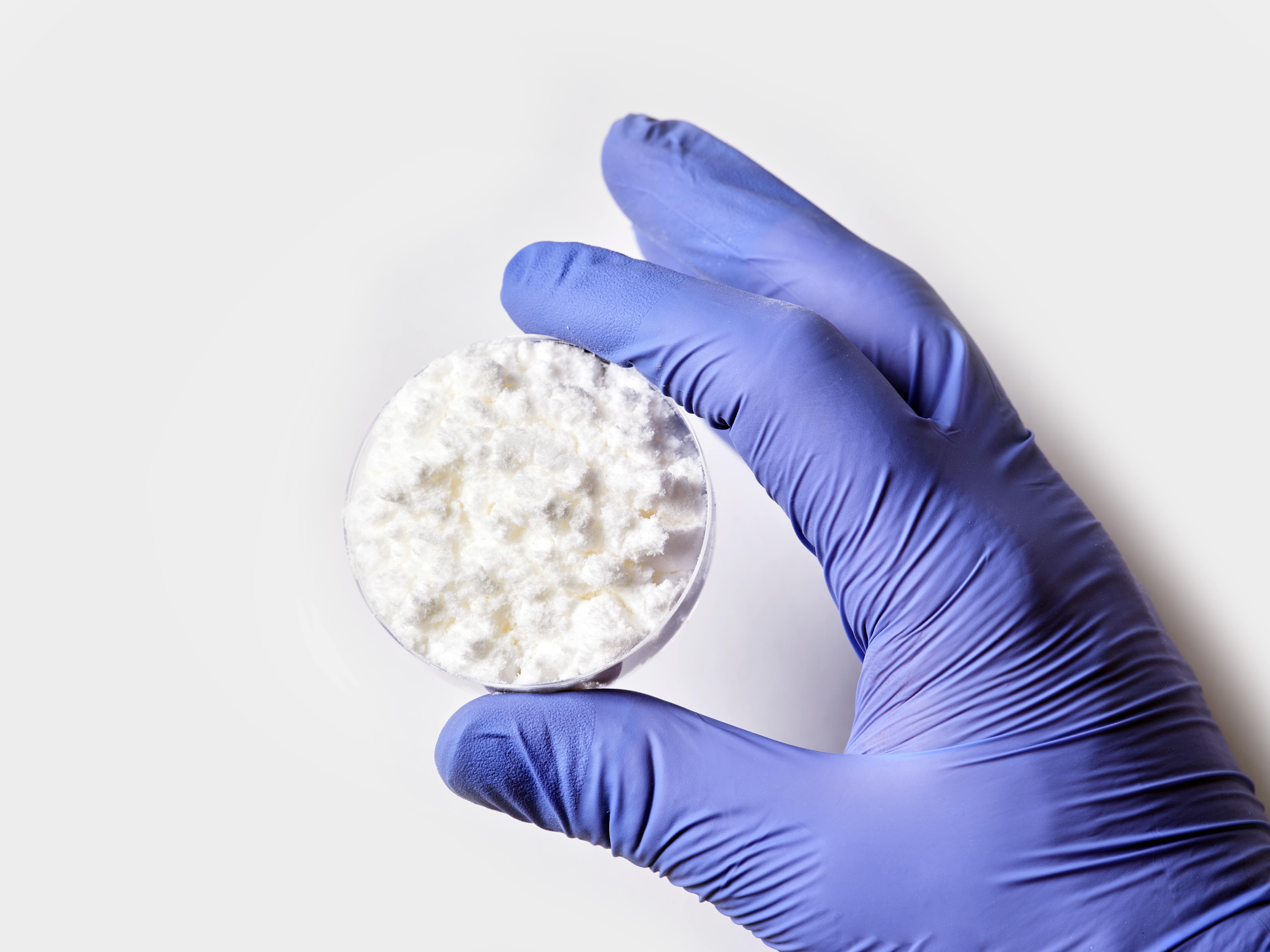Members of older generations may not be familiar with newer cannabinoid product types like edibles. More and more, however, average consumers are recognizing edibles as an effective and convenient way to take cannabinoids that don’t have to get you high.
Market researcher, Ipsos, recently released a report¹ covering the main reasons cannabinoid users choose edibles. Understanding the factors that are driving the results of this survey will make it easier to cater to a cannabinoid market increasingly drawn towards edibles.
What are edibles?
The term “edibles” once only referred to food items infused with the intoxicating cannabinoid THC. Today, this term has expanded to include any type of cannabinoid-infused product that you chew up or swallow.
What types of edibles are there?
Some of the most common types of cannabinoid edibles include:
1. Brownies
2. Cookies
3. Hard candies
It’s also possible to infuse cannabinoids into orally ingested products like:
1. Gummies
2. Jellies
3. Chocolate
4. Tablets
5. Tinctures
6. Capsules
What are the benefits of edibles?
Edibles make taking cannabinoids easy and delicious. Many consumers are concerned about the potential negative health effects of smoking, and they’re leery of other methods of inhaling cannabinoids like vapes. Topicals are great, but they only offer effects in targeted areas. Edibles are known for offering reliable effects and they taste good to boot.
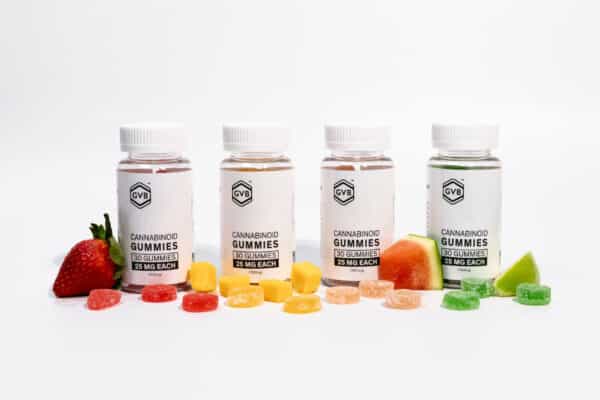
Why do cannabinoid users use edibles?
According to the Ipsos report, there are five main reasons consumers choose edibles over other types of cannabinoid products. There are quite a few additional reasons as well that we’ll make sure to cover at the end:
#1. Convenience
Out of the cannabinoid consumers Ipsos surveyed, 38% cited the convenience of edibles as the reason they chose this type of product over other ways you can use cannabinoids. It’s true: Especially for novice users, taking an edible is much easier than juggling the complicated paraphernalia involved in smoking or vaping.
Depending on the situation, edibles can definitely be more convenient than inhaling cannabinoids, but they’re generally considered to be just as effective. It’s well-known that edibles take a while to kick in, but once they do, the effects edibles offer last longer and are often stronger than the effects of inhaling cannabinoids.
#2. They think it’s healthier
As the second-most-popular reason for using edibles as opposed to another kind of cannabinoid product, 25% of cannabinoid consumers said they thought edibles were a healthier way to use THC, CBD, or their cannabinoid of choice.
Given that so many consumers feel edibles are healthier, cannabinoid producers would be wise to focus on natural ingredients and reduced sweeteners in their edible products. Doing so reinforces one of the main benefits users of edibles seems to value quite highly.
#3. Easy to share
Lots of people use cannabinoids socially. Smokeables can be hard to share and therefore can be less desirable amongst larger groups of people. Edibles, on the other hand, are easy to break into smaller pieces, and many cannabinoid edible products contain enough doses to share with friends. The Ipsos survey found that 19% of cannabinoid users preferred edibles for their shareability.
Edibles have evolved significantly in recent years, these days, cannabinoid users are moving towards gummies, tablets, and other bite-sized products.
#4. Easy to buy
When you choose edibles, it’s easy to know the exact potency of each serving of cannabinoids you ingest. This straightforward dosing reduces indecision consumers face when choosing other cannabinoid products. 19% of edible users to prefer taking their cannabinoids this way due to ease of acquisition.
Strains of flower change by each phenotype and small brands dominate the flower and vape space. Topicals and edibles, on the other hand, are often offered by bigger brands with products that are easy to find in many different cities and states.
#5. Accurate dosing
Coming in close behind the previous two reasons, 18% of the respondents to the Ipsos poll said they preferred edibles because they allow easier and more accurate dosing.
The process of eating cannabinoids is inherently slower than inhaling them, allowing you to take the time necessary to get your dose just right. Good cannabinoid edibles come with clearly labeled dosing information.
Other reasons
The five reasons we just covered were the most commonly chosen among cannabinoid users who prefer edibles, but Ipsos provided a few additional selectable options. Fourteen percent of respondents, for instance, indicated that they only preferred edibles because a friend liked them, and 12% believed edibles offered faster onset of effects.
A further 6% indicated that they believed edibles helped better with the condition they were trying to treat while causing fewer side effects. Ipsos reports that another 11% chose reasons that weren’t provided in the poll.
Key takeaways
Across every cannabis market — recreational, medical, and the online hemp industry — cannabinoid users often prefer edibles first and foremost because they’re more convenient. Most hemp products you can buy online are either edible or topical anyway, and cannabinoid users indicate that they have an easier time finding the edibles they need while other product types can be more elusive.
Sharing is a big priority for many edible users, and cannabinoid consumers appreciate how easy it is to dose accurately with edibles. Given the fact that so many edible users are concerned about their health, using only safe, natural ingredients should be a major priority for edible manufacturers.

Which cannabinoids are available in edibles?
When you hear the word “edible,” the first thing you think of might be THC. That isn’t the cannabinoid at the center of our discussion, though. Edibles now include orally ingestible cannabinoid products containing CBD, CBG, CBN, and other non-intoxicating hemp substances that are now becoming popular worldwide.
CBD
Technically, the term “edible” includes any type of CBD product you ingest orally. In this sense, tinctures, capsules, gummies, and tablets all fall under the same overarching category, composing the largest segment of the online CBD industry.
CBD is no longer something you can just brush off. The CBD industry has expanded massively over recent years, and demand for edible CBD products has skyrocketed along with it.
CBG
Lots of edible hemp products you can buy online now contain CBG. Farmers are producing this cannabinoid at a record pace, and it’s now common to see CBG provided in the form of tinctures, gummies, capsules, and other orally ingested products.
Scientists are very interested in the potential anti-inflammatory properties of CBG — particularly as they might pertain to gut diseases². As a result, demand for CBG products that are processed through the gut is steadily rising.
CBN
CBN isn’t as popular as CBG yet, but that just means this cannabinoid has more room to grow within the online hemp market. Users are convinced that CBN helps with sleep, and scientists are keenly researching³ this cannabinoid’s purported ability to help with sleep conditions.
At present, CBN is usually offered in the form of orally ingested products. This cannabinoid is usually included with CBD since the two hemp substances are believed to interact cohesively.
Summary: Convenient edibles come in many cannabinoids
Since the earliest days of cannabis, edibles have been there for people who either they didn’t like to smoke, or they thought that eating edibles was simply the more convenient option.
Non-intoxicating cannabinoids are now readily available online and the convenience of edibles hasn’t changed. However, according to the latest consumer data, it doesn’t show any signs of going anywhere anytime soon.
Whether it’s CBD tinctures or CBG gummies, people love edibles for their convenience, potency, and easy dosing. They love sharing edibles with friends, and they certainly appreciate edibles that are designed with their health in mind.
Cannabis edible shopper habits FAQs
Learn more about how and why shoppers use edibles below:
1. What feeling do edibles give you?
In contrast to inhaled cannabinoid products, which offer intense effects with rapid onset, edibles provide long-lasting effects that can take a while to kick in. Depending on the dose, edibles might provide effects that are just as potent as smoking, less potent, or even more potent.
In the event that edibles feel more intense than other products, they’ll continue to feel that way for quite a while. For this reason alone, it’s important to exercise caution when choosing an ideal cannabinoid edible dose.
2. Is it healthy to take edibles?
The relative safety or healthiness of taking cannabinoid edibles depends on the ingredients present in the edible. Some cannabinoid edibles only contain high-quality, organic ingredients and contaminant-free hemp extract.
Others, though, could contain dangerous synthetic ingredients or pesticide-contaminated extracts. Assuming you choose the right product and ingredients, the overall dangers posed by cannabinoids appear to be low.
3. What do 1:1 edibles feel like?
If an edible product contains a 1:1 ratio of one cannabinoid to another cannabinoid, it should provide a balanced fusion of the effects of both compounds. In the case of a 1:1 CBD and CBG edible, for instance, users should expect to feel both relaxed and energized while the shared benefits of the cannabinoids intensify.
Sources
- 1. IPSOS Report. (2019). Ipsos. https://www.ipsos.com/sites/default/files/ct/publication/documents/2019-06/wtf_cannabis_us_webinar_jrs-v2-1.pdf
- 2. Borrelli, F., Fasolino, I., Romano, B., Capasso, R., Maiello, F., Coppola, D., Orlando, P., Battista, G., Pagano, E., di Marzo, V., & Izzo, A. A. (2013). Beneficial effect of the non-psychotropic plant cannabinoid cannabigerol on experimental inflammatory bowel disease. Biochemical Pharmacology, 85(9), 1306–1316. https://doi.org/10.1016/j.bcp.2013.01.017
- 3. Corroon, J. (2021). Cannabinol and Sleep: Separating Fact from Fiction. Cannabis and Cannabinoid Research. https://doi.org/10.1089/can.2021.0006

